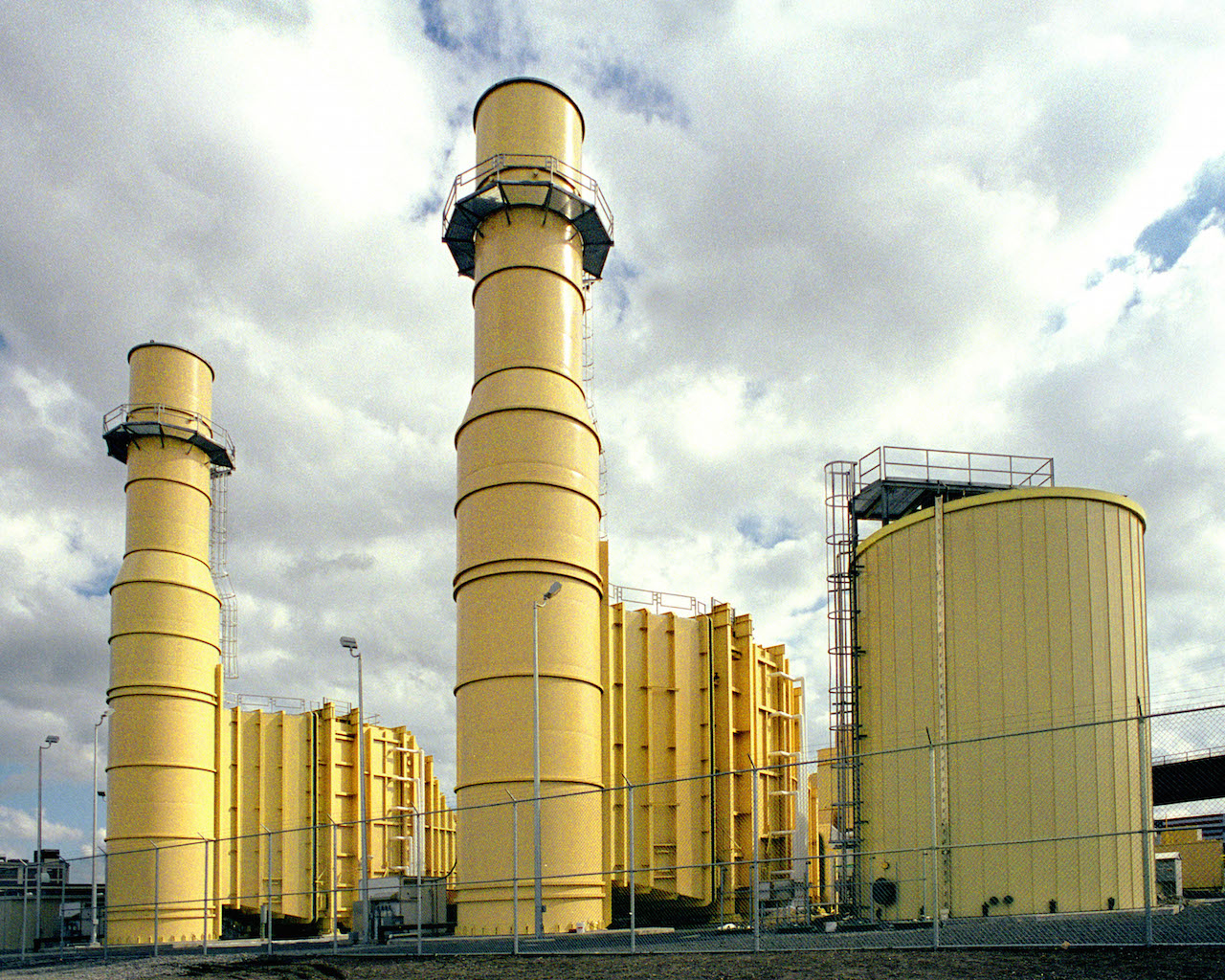In an economics class I took while studying at SUNY’s College of Environmental Science and Forestry School (ESF) in the 1990s, I learned about theories about society’s use of natural resources. Those included the Law of Supply and Demand, the Circular Flow Model of Households and Firms, and former President Ronald Reagan’s trickledown economic policies.
The assumption behind these neoclassical theories is that households and businesses are in perpetual motion, experiencing constant growth. That growth, according to another economic theory called Kuznets Curve, posits that environmental problems can be fixed by economic strength.
As a longtime resident of the South Bronx who has witnessed decades of environmental injustice, however, it strikes me that there is something off about these theories. According to an economics expert who taught at the ESF, Dr. Charles Hall, neoclassical economists are wrong to ignore environmental realities, and treat the environment as if it can be considered separately from markets.
However, that assumption fails to take into account the risks of natural resource depletion, and ignores humans’ dependence on our environment. Scientists fear that we are undergoing a species extinction right now, as the result of manmade causes, and resource exhaustion is pushing us toward the brink.
As a way of showing cause and effect tying economic activity to resource depletion, Dr. Hall devised an Energy Return on Investment (EROI) theory, showing that as we extract more, fewer resources are available to us over time.
In the early 1900s, Hall found, the EROI for oil measured above 100:1. That means that each barrel of oil we extracted a century ago provided 100 barrels for human use.
Today, that ratio has shrunk to a measly 17:1 barrels of oil produced to usable barrels, and that ratio will continue to shrink because of our steadily increasing appetite for energy.
Politicians tend to focus their public policy platforms on growth and jobs, ignoring our environment. Since then-President John F. Kennedy placed emphasis on the importance of our Gross Domestic Product, we as a society have become addicted to the notion that a robust GDP is our end game.
But a focus on GDP while ignoring the environment leads us to where we are: Living in an age of obsolescence and consumerism where ever slicker marketing strategies and social media push consumers to buy disposable items to keep up with the Joneses, as our landfills run out of space.
As Chair of Community Board 1’s environment committee, I am responsible for looking out for the health of the South Bronx community, despite the environmental degradation from toxic practices promoted by those neoclassical theories. As in low-income areas around the world, the South Bronx has long been a place where water and air quality are seen as expendable in the name of progress.
None of us who live in this environmental justice neighborhood are surprised when we see daily reports of natural disasters brought about on a warming planet. The latest is Hurricane Debby, which forecasters predict will drop record amounts of rain on parts of the US southeast.
We have long run higher risks of heat exhaustion than other parts of New York City due to the lack of trees and green spaces, and the abundance of industries that pollute our air and water.
In the face of the growing threat we face from climate change, we should reconsider outdated economic models and recognize that the growth paradigm no longer serves our needs. It is all of our responsibility to protect our natural world from unsustainable exploitation.
Cesar Yoc is a climate solutions advocate, the Chair of Community Board 1’s Environmental Justice and Sanitation Committee, and the founder of the Bronx Institute for Urban Systems. He thinks that economic considerations should include long term solutions for environmental issues.

